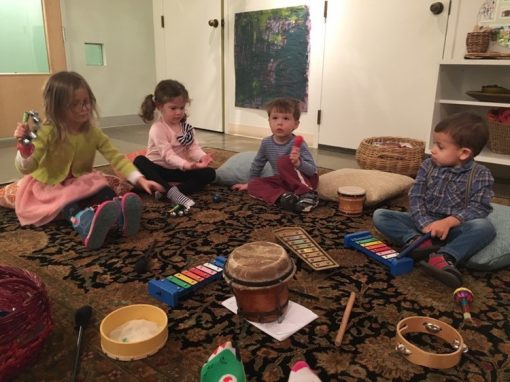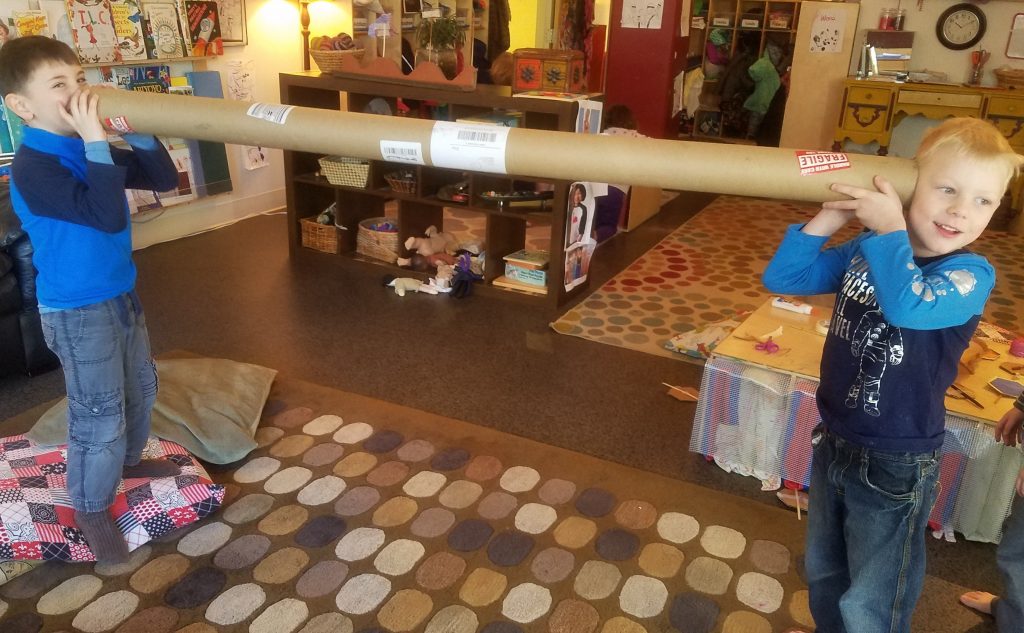We encourage young children to work together, play with friends, negotiate, and collaborate. We believe that the best and most interesting learning happens when children are thinking together, challenging each others’ theories, and offering up new, sometimes conflicting, understandings. But what about the grownups? How can we encourage co-constructed learning for educators?

